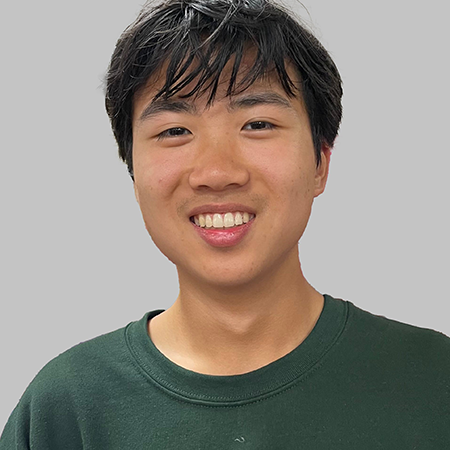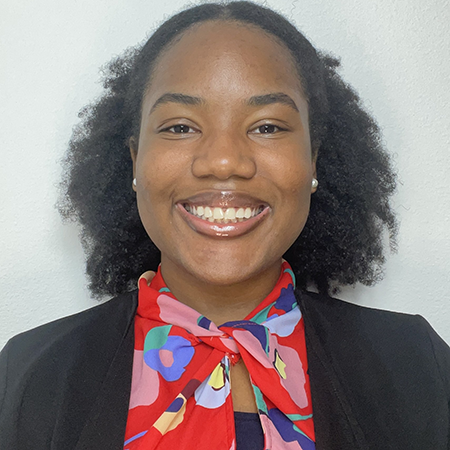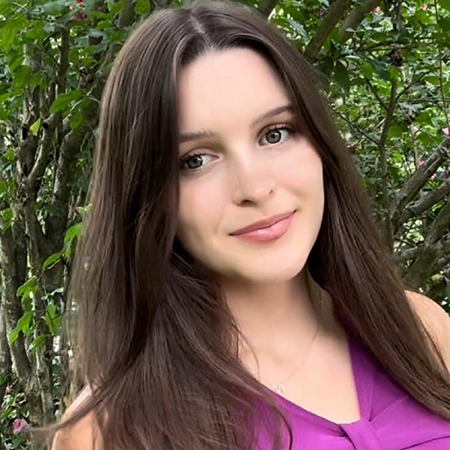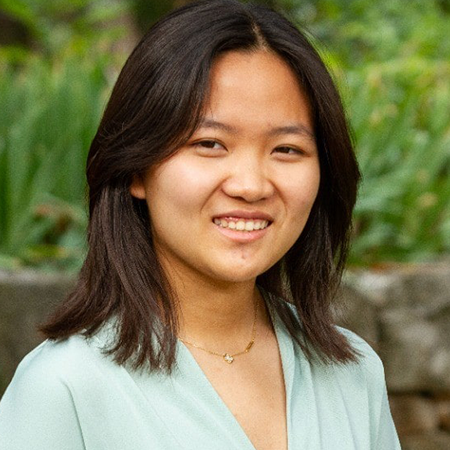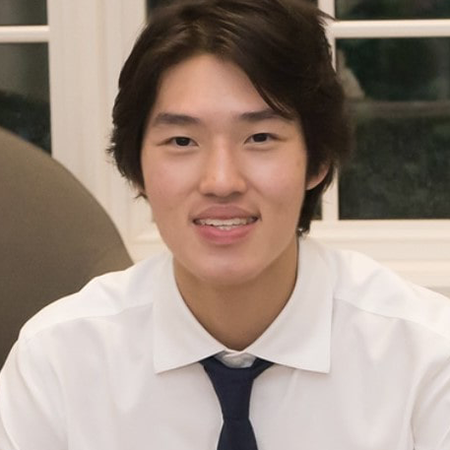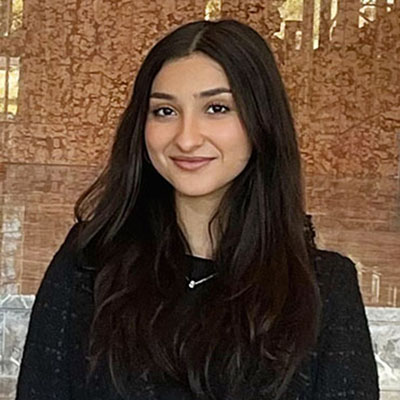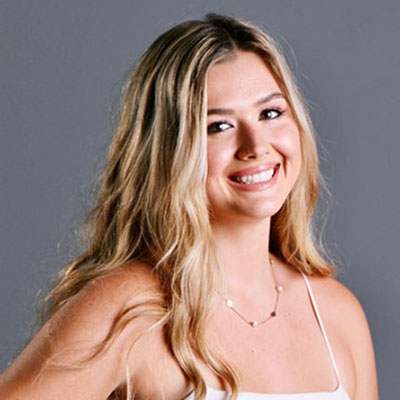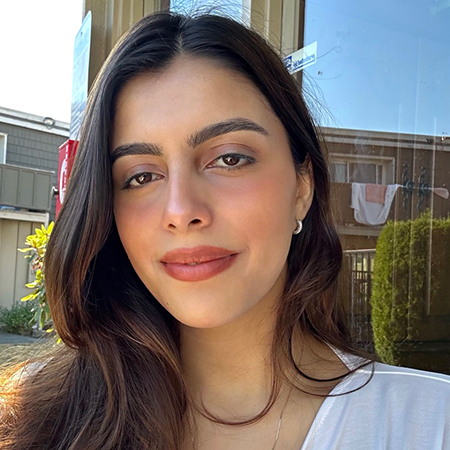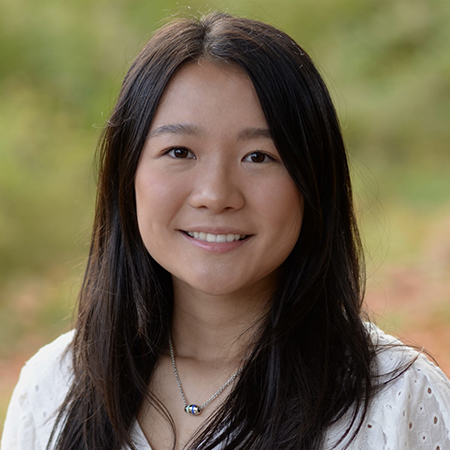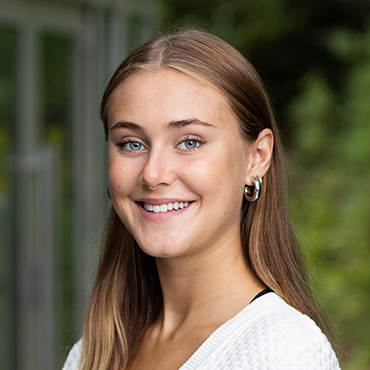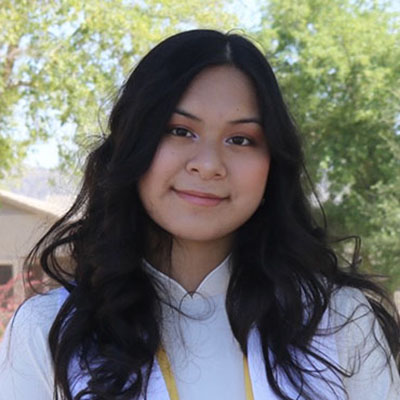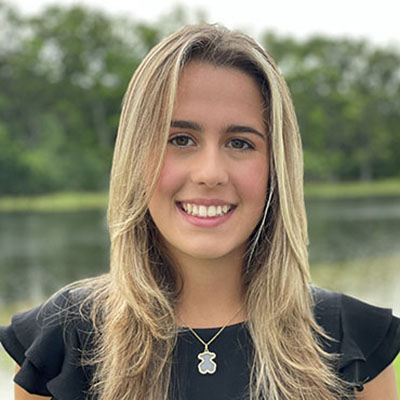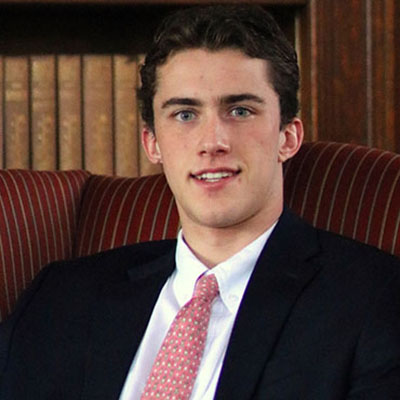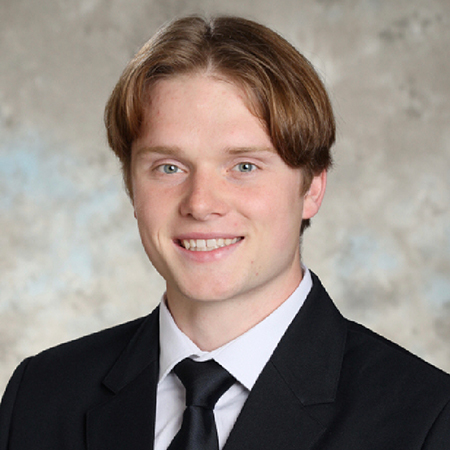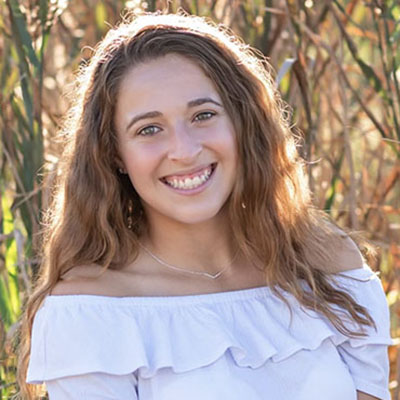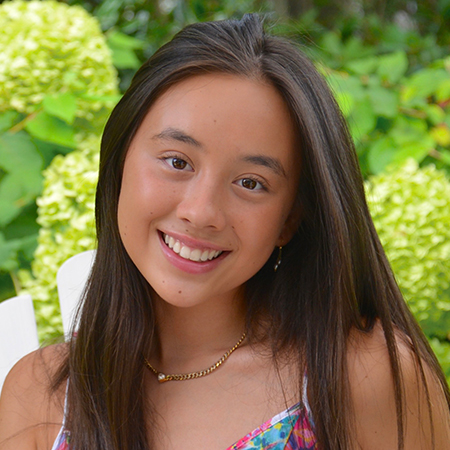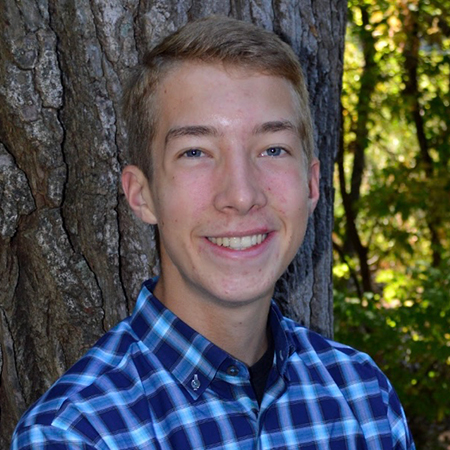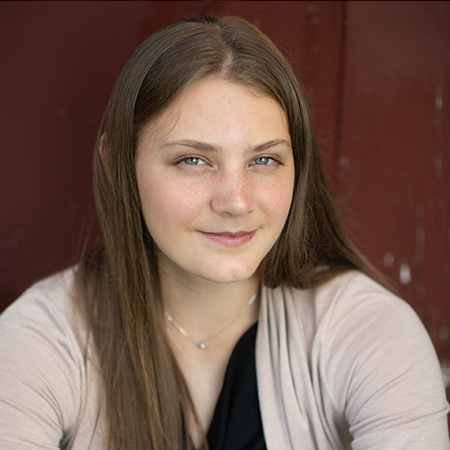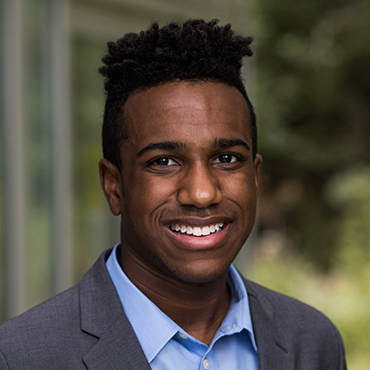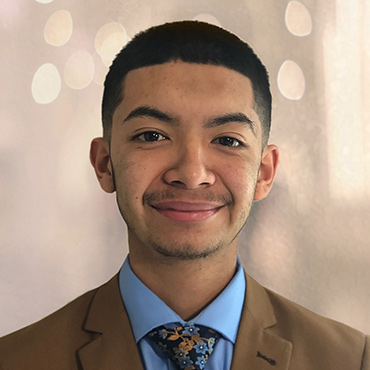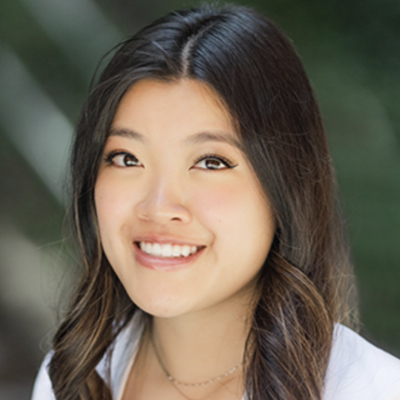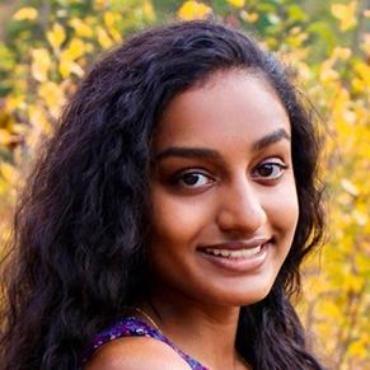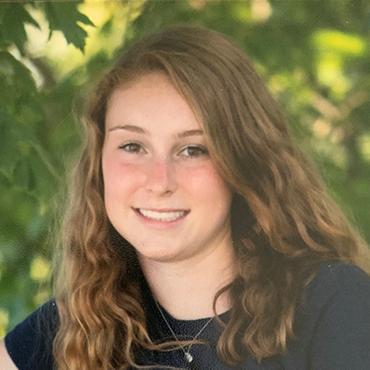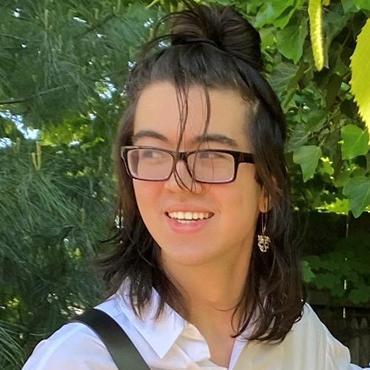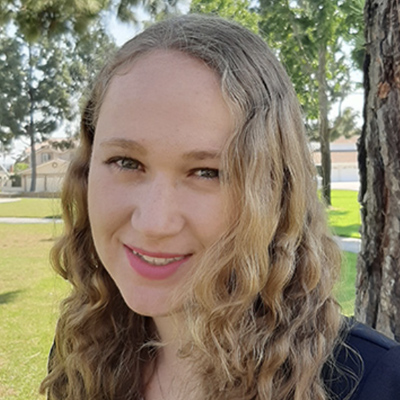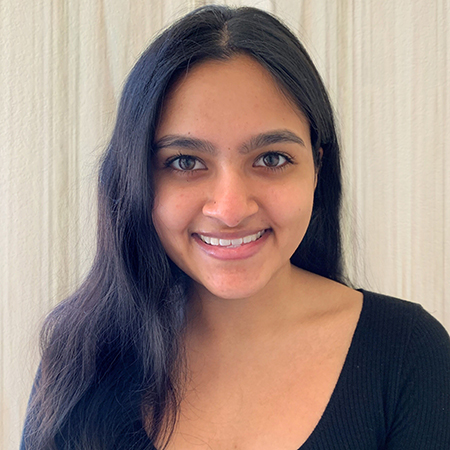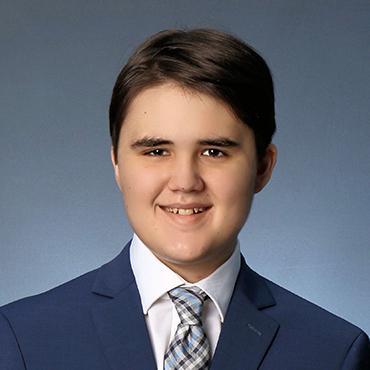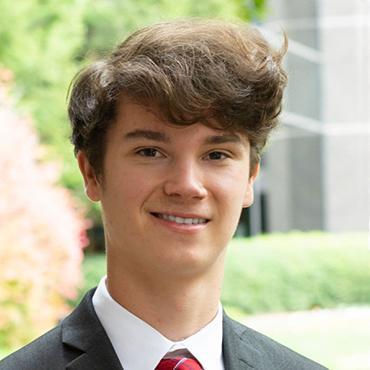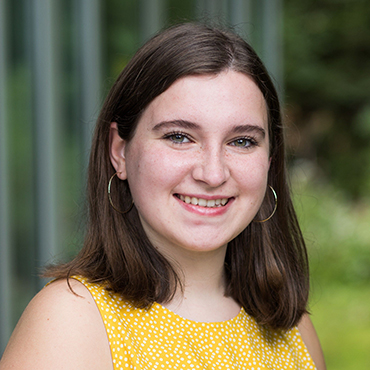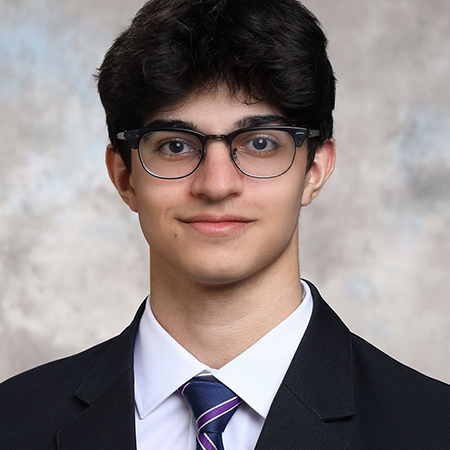
Aarav Dogra ’28 »
An entrepreneur since he was a preteen, Aarav Dogra ’28 has a passion for combining innovation with social good.
MORE …
Aarav Dogra ’28
An entrepreneur since he was a preteen, Aarav Dogra ’28 has a passion for combining innovation with social good.
For over half a decade, entrepreneurship has been a cornerstone of Aarav Dogra’s life. It started when he was 12, when he discovered he could utilize social media marketing and branding to make a commission on his graphic design creations.
From there, innovation continued to captivate him. “Over time, I cultivated quite an entrepreneurial spirit, an ability to recognize problems and instantaneously ideate lucrative solutions,” Dogra says.
As he progressed in school, he learned about investing, affiliate marketing, app building, e-commerce, and the resell market. He also discovered the community-minded aspects of entrepreneurship.
“Entrepreneurship can be used for more than just generating personal profits,” Dogra says. “It can be a powerful tool to make a meaningful difference in the lives of others.”
In high school, he started a personal investing club, where he established a philanthropic investment fund. He and his fellow students turned $5,000 of their own money into over $20,000. They then donated half of the investments to various student-led initiatives that tackle a range of social issues. Now, he’s at Babson, ready to find his next project.
What drew you to Babson?
What drew me to Babson is its strong focus on entrepreneurship. Starting my journey as an entrepreneur at 12 has been a significant part of my life, and I’m eager to maintain and nurture this spirit. Babson’s supportive community seems like the perfect place to continue growing, learning, and connecting with others who share similar passions.
What are your career goals?
I enjoy working for myself, and I want to turn my passion for innovating and problem solving into a career. My experiences have taught me that with hard work, anything is possible, no matter the challenges. While I’m aware of the inherent risks and uncertainties of entrepreneurship, I’m confident in my ability to scale my ventures to new heights.
How do you view challenges?
Encountering challenges is an indication that I’m on the right path. Challenges occur when you’re doing something unfamiliar. Overcoming them means pushing boundaries and stepping out of your comfort zone, both of which are essential for self-improvement.
What is the proudest moment of your life so far?
The proudest moment of my life was seeing my entrepreneurial efforts make a real, meaningful impact on those in my community. As part of the personal investment club I created at my high school, we had a live investment account that generated funds for altruistic causes. Our most notable initiative was showing appreciation to our school’s caretakers by giving all 45 custodians a gift card with a personalized thank-you note. We were able to show gratitude to those who often go unnoticed, those who tirelessly work to maintain our community’s cleanliness and are often treated with disregard. Seeing their surprised and appreciative reactions was incredibly heartwarming and reinforced my belief in the power of giving back.
Entrepreneurship can be used for more than just generating personal profits; it can be a powerful tool to make a meaningful difference in the lives of others.
If you could tackle one global problem, what would it be?
Wealth inequality. Life is inherently unpredictable and uncontrollable—we are all born into different financial situations, facing diverse concerns and varying qualities of life. This randomness means millions are born into conditions of extreme poverty, leaving them with limited access to basic needs such as food, clean water, healthcare, and education. I believe everyone deserves a fair chance at a livable quality of life regardless of birth circumstances. By redistributing wealth in a way that ensures broader access to essential resources and opportunities, we can create a more equitable society where life’s inherent randomness doesn’t result in such severe outcomes.
What does being a Blank Scholar mean to you?
This opportunity means joining a community of passionate leaders and entrepreneurs who are committed to making a difference. It’s truly an honor to be selected as a Blank Scholar, and I’m eager to collaborate with like-minded individuals to create meaningful impact.
Of Blank’s six leadership qualities, which one do you most identify with and why?
I identify most with the value of Innovate Continuously. Running businesses across various markets has taught me that maintaining a competitive edge is crucial for profitability. This often requires developing new strategies or technology. For example, in the highly competitive algorithmic trading market, where trades are executed automatically by computer programs, I must constantly optimize my algorithms to enhance speed and efficiency. Without ongoing innovation, I would quickly lose my edge and fall behind the competition, especially against large institutions.
